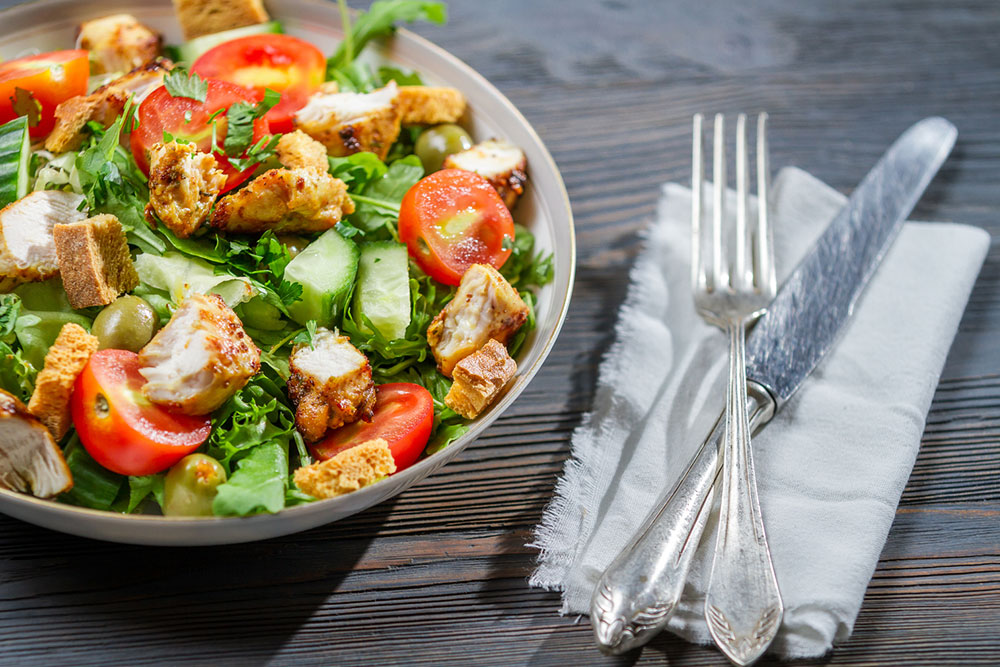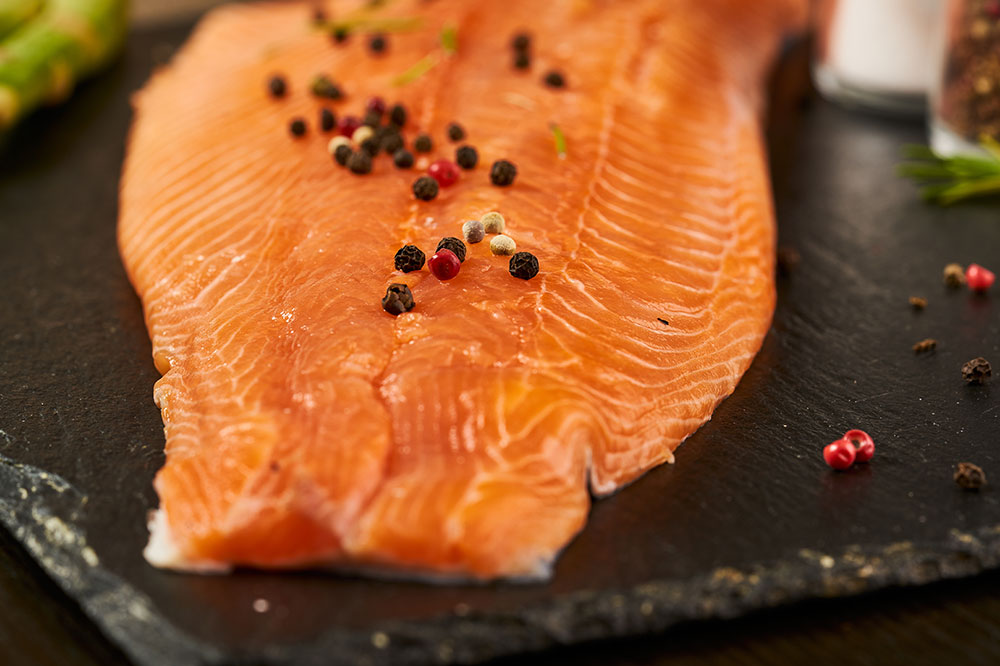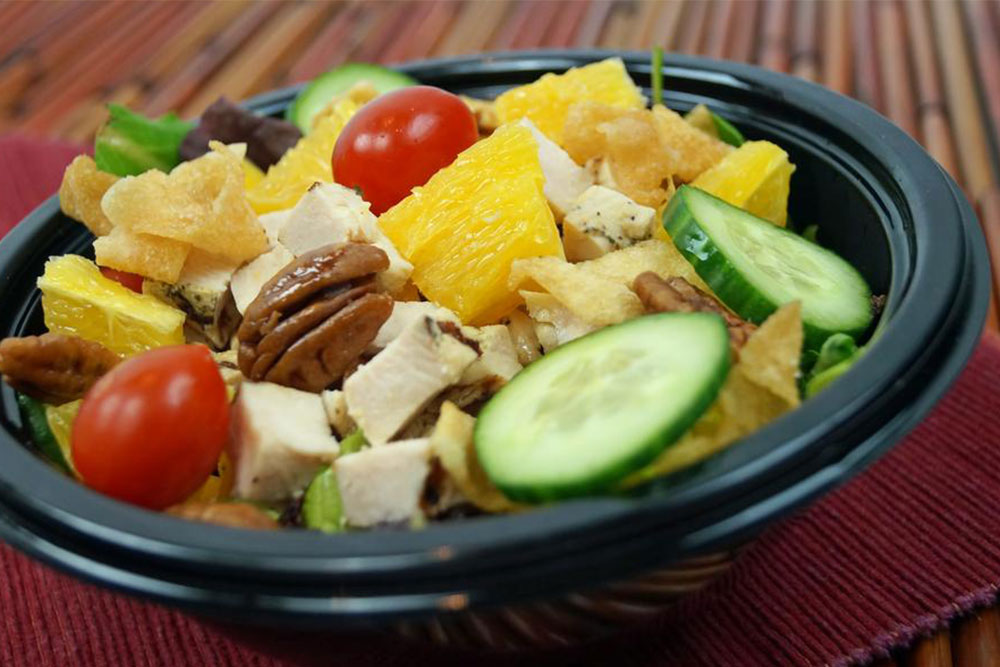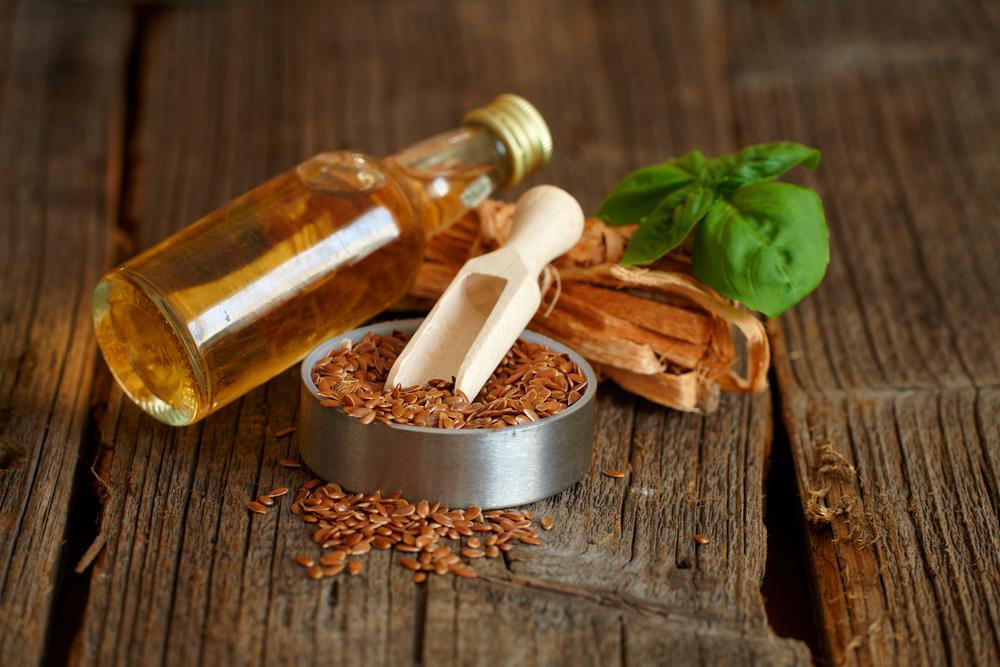Diet Tips and Lifestyle Strategies for Managing Polymyalgia Rheumatica
Learn effective dietary and lifestyle strategies to help manage polymyalgia rheumatica. This guide highlights anti-inflammatory foods, essential nutrients like vitamin D and calcium, hydration tips, and safe exercise practices to reduce symptoms and improve overall health. Consult your healthcare provider before making significant dietary or lifestyle changes to ensure optimal management of PMR.
Sponsored

Nutritional Guidance and Lifestyle Tips for Polymyalgia Rheumatica
Polymyalgia rheumatica (PMR) is a condition characterized by muscle stiffness and pain, mainly affecting the shoulders, neck, and upper back. It mostly occurs in individuals over 50 and can persist for several years. Making mindful dietary choices can help manage inflammation and improve quality of life. Patients should consider including anti-inflammatory foods and avoiding those that exacerbate symptoms. While no specific diet can cure PMR, a balanced approach combining nutrition and lifestyle changes can support symptom control.
Optimal Dietary Practices for PMR
Since individual responses vary, there's no one-size-fits-all diet for PMR. Keeping a food diary helps identify triggers and beneficial foods. Incorporating healthy fats, especially omega-3 fatty acids, can reduce inflammation. Rich sources include fatty fish like salmon, walnuts, and flaxseed. Anti-inflammatory options such as tomatoes, berries, spinach, kale, olive oil, and oranges are recommended. Ensuring adequate intake of vitamin D and calcium through dairy, leafy greens, and fortified foods supports bone health, especially given osteoporosis risks associated with certain medications.
Hydration and Beverages
Staying well-hydrated is key in managing inflammation. Aim for 2-3 liters of fluids daily, with water as the primary choice. Flavor-enhanced water with lemon or lime can make hydration more enjoyable. Coffee may offer mild anti-inflammatory benefits for some individuals, but monitor personal tolerance and adjust intake accordingly. Herbal teas are excellent alternatives if coffee worsens symptoms.
Keto Diet and Considerations
The ketogenic diet emphasizes low carbohydrate and high fat intake. Its potential benefits include reduced disease risk, but its effectiveness for PMR is still under research. Patients should consult healthcare providers before adopting such diets, as safety and individual suitability vary. Always prioritize doctor-recommended treatment and lifestyle modifications for managing PMR symptoms.
Foods to Limit or Avoid
To prevent symptom aggravation, avoid foods associated with increased inflammation such as white bread, white rice, red meats, fried foods like French fries, margarine, and foods high in added sugar. These foods can trigger flare-ups and should be consumed sparingly.
Exercise and Physical Activity
Incorporating gentle physical activity can ease symptoms and promote overall health. Activities like walking, swimming, or cycling help maintain mobility and strengthen bones. Regular aerobic exercise improves cardiovascular health and supports muscular function. Consult with your healthcare provider to develop a safe exercise plan tailored to your capabilities and condition.
In conclusion, combining a nutritious anti-inflammatory diet with consistent, moderate exercise, along with prescribed treatments, can significantly improve the management of polymyalgia rheumatica. A holistic approach focused on lifestyle adjustments enhances well-being and helps alleviate symptoms over time.






